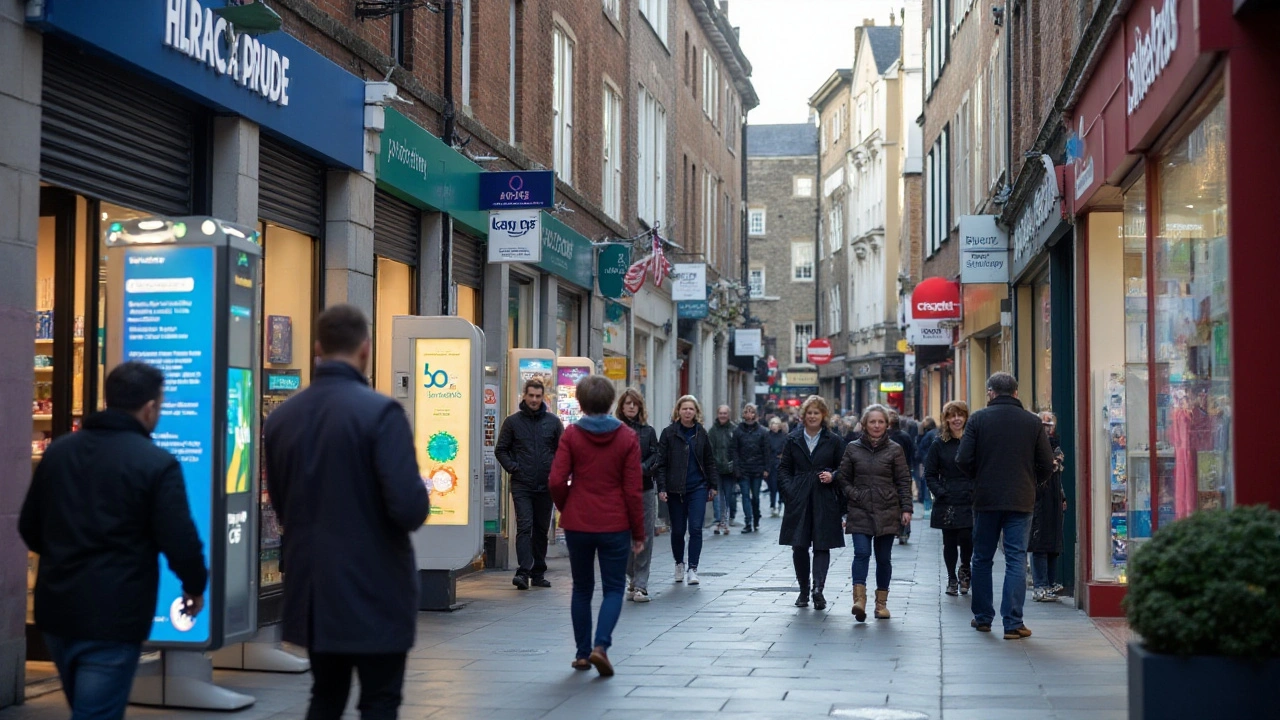CVS Alternatives: Where to Buy Meds, Save Money, and Stay Safe
Tired of one pharmacy option? You have choices that can cut costs, speed delivery, or offer better service. Below I list practical alternatives to CVS for prescriptions and everyday health items, plus quick tips to pick the best one for you.
Fast online options
Online pharmacies and discount services often beat retail prices. Amazon Pharmacy and Walmart Pharmacy deliver prescriptions and accept some insurance plans. SingleCare and GoodRx don't ship meds, but their coupons cut cash prices at many chain and independent pharmacies. For chronic meds, check mail-order through your insurer (Express Scripts, OptumRx, Humana) — they typically give 90-day supplies at a lower copay.
Pharmacies with strong in-store service If you prefer face-to-face help, try local independent pharmacies or big-box stores. Independent pharmacists will spend more time on questions, offer delivery, and sometimes match prices. Walmart, Kroger, and Rite Aid have broad networks and competitive pricing. Costco’s pharmacy often has low cash prices, but you may need a membership.
Telehealth and same-day delivery Telehealth platforms (GoodRx Care, Ro, PlushCare) can prescribe meds after an online visit, then either ship to your door or send a prescription to a local pharmacy. For urgent needs, services like Capsule, NowRx, and Express delivery options from major chains can bring meds to your home in hours.
International and online wholesalers Some people use reputable Canadian or international online pharmacies for lower prices. If you go this route, verify the site is licensed, requires a prescription, uses secure checkout, and has clear contact info. Avoid sites that sell controlled meds without a prescription or offer deals that seem too good to be true.
How to choose the right alternative
Use manufacturer coupons or patient assistance programs for brand drugs. Ask your prescriber if generics are appropriate — many generics cost a fraction of brand prices. Compare prices across apps and call pharmacies to negotiate cash price. Buying a 90-day supply often drops the unit cost.
Check three things before switching: safety, price, and convenience. Safety means a licensed pharmacy and a pharmacist you can contact. Price covers both copay and cash cost; don’t assume insurance always saves money. Convenience covers refill process, delivery options, and pharmacy hours. Read recent reviews and ask about drug sourcing for unfamiliar online pharmacies.
A quick checklist before ordering
1. Confirm the pharmacy requires a valid prescription. 2. Verify contact details and licensing. 3. Compare final total including shipping. 4. Review return and privacy policies.
Switching away from CVS is common and doable. Pick the option that fits your budget, health needs, and comfort level — and always keep an emergency backup for urgent refills.
Talk to your pharmacist before making a change — ask about interactions, proper storage, and refill timing. Keep a current medication list and bring it when you switch pharmacies. Small checks now avoid big problems later and can save money and time and reduce stress for you and family.
- Colin Hurd
- Oct, 21 2024
- 12 Comments
Best CVS Alternatives in 2024 for Online Pharmacy and Health Services
In a rapidly evolving digital age, finding reliable alternatives to CVS for pharmacy and health-related services is essential. This article compares six viable options that offer a range of online and in-store services, competitive pricing, and unique benefits. From large nationwide chains like Walgreens and Rite Aid to digital solutions such as GoodRx, these alternatives provide diverse avenues for managing personal health needs. Factors like service availability, pricing, and convenience play a critical role in choosing the best provider. Discover how each alternative stands out in today’s healthcare landscape.

